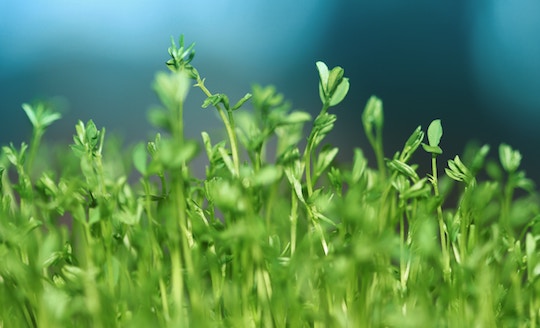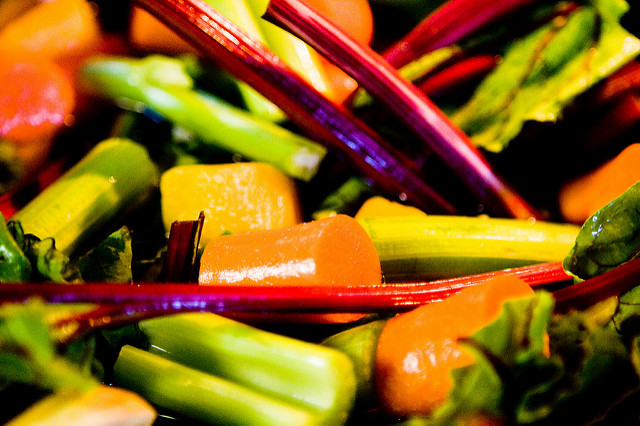Tune into your energy level and recharge yourself well before your battery is exhausted.
—Calm App Reflection
Tuning into your energy levels is crucial for maintaining productivity and well-being. Just like a battery, we have limited capacity before we exhaust ourselves.
Recognizing when your energy level is dwindling allows you to take proactive steps to recharge. Engaging in activities that rejuvenate you can help — whether it’s meditation, exercise, spending time in nature, or a good old fashioned nap.
By prioritizing self-care and taking breaks, you can avoid burnout and maintain a consistent flow of energy.
Stay attuned to your body’s signals and recharge regularly to ensure you’re always performing at your best. This mindful approach will keep your energy levels balance and thriving.
EXERCISE:
The Power of Full Engagement by Jim Loehr and Tony Schwartz is one of my favorite resources on energy management.
Here is an excellent nine-minute animated video of its core message, by Productivity Game in February 2018.














